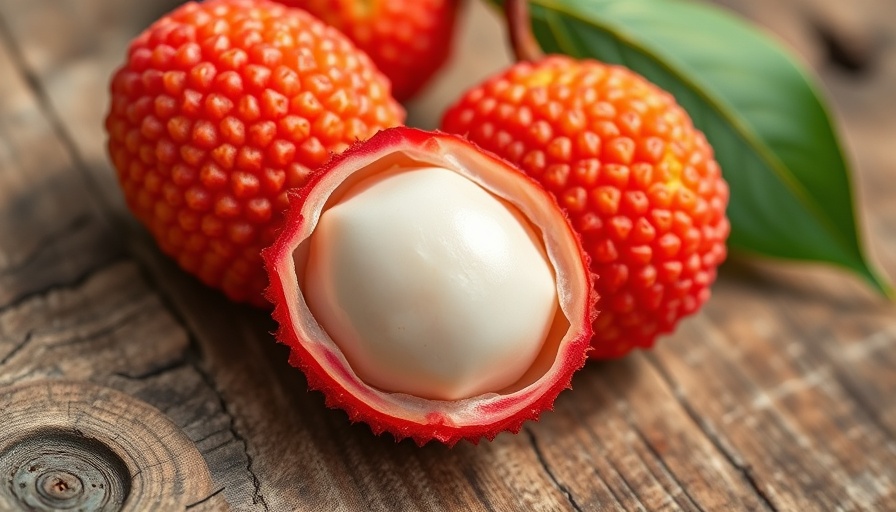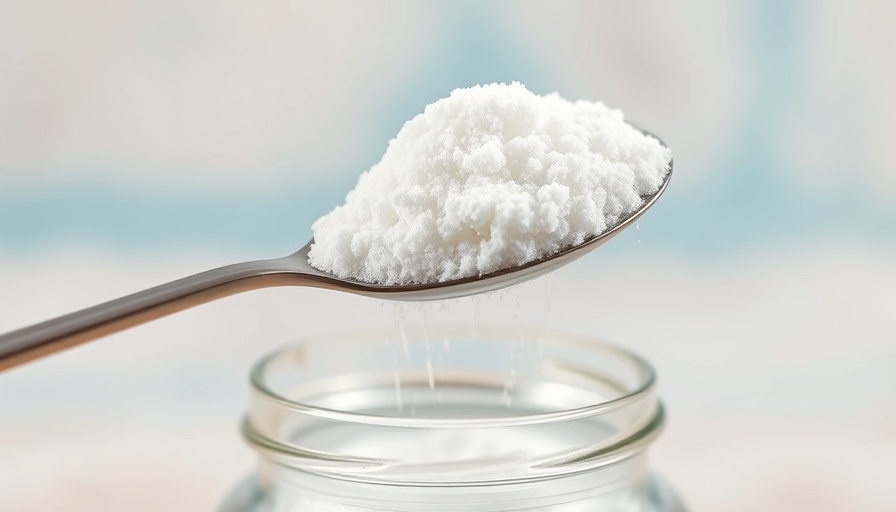
Sweet Yet Potentially Harmful: Understanding the Risks of Lychee
Lychee, a fruit enjoyed by many for its sweet and fragrant taste, carries with it hidden dangers that warrant discussion. While it is often celebrated for its health benefits, recent investigations into its consumption, especially among children in certain regions, have raised concerns about safety.
The Mysterious Link Between Lychee and Illness
The connection between lychee consumption and an unexplained rise in severe health issues, particularly in young children, cannot be overlooked. Outbreaks of encephalitis related to lychee consumption have been reported in countries like India and Vietnam. In these regions, children have gone to bed feeling well, only to wake up severely ill, suffering from altered brain function and even succumbing to the illness. This troubling pattern coincides with the harvest of lychee fruit, leading health authorities to investigate potential toxicities associated with the fruit.
What Lies Beneath: The Toxicity of Lychee
Research by independent scientists has hinted at findings that suggest lychee may contain methylene cyclopropyl-glycine, a toxin similar to hypoglycin found in the ackee fruit known for its severe adverse effects when improperly consumed. This discovery highlights the importance of context; the toxicity appears particularly alarming when children are malnourished and at risk for low blood sugar levels, making them more susceptible to the effects of these toxins. Children with already low energy reserves could face serious health implications after eating a significant quantity of lychees.
The Role of Nutrition in Lychee Consumption
While not every individual will experience adverse effects from enjoying lychee, understanding one's nutritional status is crucial. Regular consumption of the fruit might lead to health issues, especially when paired with poor dietary habits. It is essential for guardians in affected regions to monitor children's fruit intake closely and ensure they are not consuming these delicious fruits while in a state of nutritional deficiency.
Cultural Perceptions and Misunderstandings
In contrasting views, lychee has been revered in various cultures for its supposed medicinal properties, often used in treating ailments ranging from digestive issues to inflammation. However, misconceptions about the safety of lychee consumption persist, especially among parents and caregivers unaware of its potential risks. Education on the proper consumption of lychees, as well as the importance of balanced nutrition, is key to fostering safer dietary practices.
Expert Conclusions: How Many Lychee Should You Eat?
Based on current research and known incidents, moderation is vital. Each individual’s body reacts differently, but as a general guideline, it may be wise to limit consumption—especially among vulnerable populations, such as children. It's crucial to weigh both the desirable flavor and health benefits against the potential hazards associated with excessive consumption. A balanced diet and awareness of nutritional status will contribute to safer enjoyment of this tropical treat.
Conclusion: Think Before You Indulge
As you savor lychee, remember the insights shared here. Recognize the importance of moderation and staying informed about potential risks. By fostering awareness and encouraging steady nutritional habits, we can continue to enjoy the fruits of this world without endangering our health with toxicity. Stay mindful, stay healthy!
 Add Row
Add Row  Add
Add 




 Add Row
Add Row  Add
Add 


Write A Comment